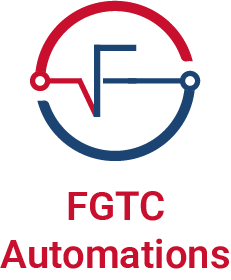


Automating payroll ensures accurate calculations, tax compliance, and timely payments.
Example: A small manufacturing company automates payroll to handle overtime, deductions, and bonuses, ensuring employees are paid accurately and on time.

Automation speeds up the hiring process by managing job postings, candidate tracking, and onboarding workflows.
Example: A tech startup automates resume screening and sends onboarding documents to new hires, allowing HR staff to focus on interviews and team integration.

Automated systems track employee attendance, leaves, and schedules, providing transparency and reducing conflicts.
Example: A retail chain uses automation to manage shift scheduling and leave approvals, reducing administrative overhead and ensuring optimal staffing.

Automation streamlines expense reporting, approval workflows, and reimbursement processes.
Example: A consulting firm automates expense reporting for traveling employees, allowing them to upload receipts and receive reimbursements faster.

Automated accounting systems ensure timely tax filing, compliance with regulations, and accurate record-keeping.
Example: A small e-commerce business automates VAT calculation and tax filing, avoiding penalties and saving time on paperwork.

Automation simplifies performance reviews and feedback collection, ensuring consistent evaluations and engagement.
Example: A digital marketing agency uses automation to schedule quarterly reviews and collect anonymous feedback, fostering a transparent work environment.